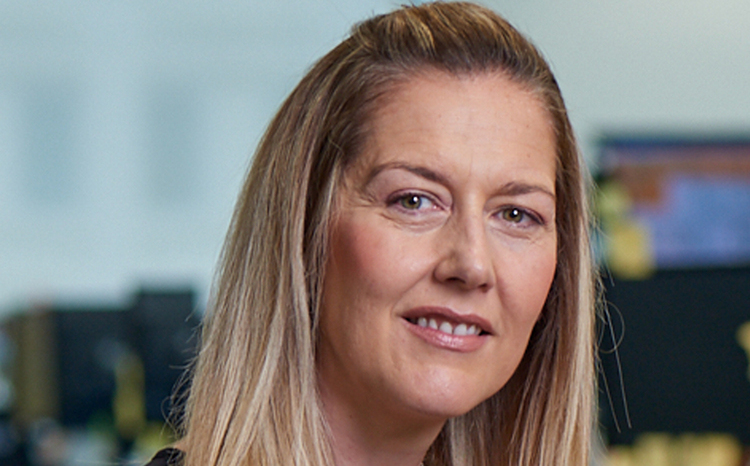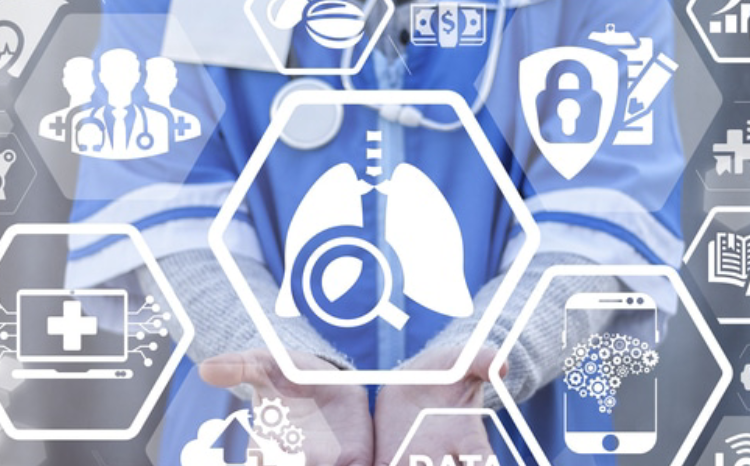Your morning summary of digital health news, information and events to know about if you want to be “in the know”.
 News
News
 NHS Black Country Integrated Care Board (ICB) published an opportunity for a digital inequalities support service on 11 July. The value of the contract is £345,000 with a duration of three years. The service is to help the ICB improve digital enablement in the local areas and support citizens to access healthcare services quickly and easily.
NHS Black Country Integrated Care Board (ICB) published an opportunity for a digital inequalities support service on 11 July. The value of the contract is £345,000 with a duration of three years. The service is to help the ICB improve digital enablement in the local areas and support citizens to access healthcare services quickly and easily.
 Coloplast has developed the world’s first digital leakage notification system for people living with a stoma, the Peterborough Telegraph reported. The Heylo device uses a sensor layer under a user’s stoma product, which connects to their smartphone via Bluetooth and an app. It was made available to NHS patients from 1 July.
Coloplast has developed the world’s first digital leakage notification system for people living with a stoma, the Peterborough Telegraph reported. The Heylo device uses a sensor layer under a user’s stoma product, which connects to their smartphone via Bluetooth and an app. It was made available to NHS patients from 1 July.
 Nye Health has entered into a partnership with IntelliProve, according to a press release from 11 July. Contracts were signed in April 2024 for the year-long agreement. Integrating IntelliProve’s technology is intended to enable Nye Health to increase the ability of its existing platform to measure real-world data.
Nye Health has entered into a partnership with IntelliProve, according to a press release from 11 July. Contracts were signed in April 2024 for the year-long agreement. Integrating IntelliProve’s technology is intended to enable Nye Health to increase the ability of its existing platform to measure real-world data.
 Samsung launched its Galaxy ring on 10 July, becoming the largest tech company to enter the smart ring market. It will use a sleep AI algorithm for sleep pattern tracking, as well as overnight skin temperature monitoring to track menstrual cycles.
Samsung launched its Galaxy ring on 10 July, becoming the largest tech company to enter the smart ring market. It will use a sleep AI algorithm for sleep pattern tracking, as well as overnight skin temperature monitoring to track menstrual cycles.
 Analysis of anonymised data from the NHS Covid-19 app for England and Wales has revealed epidemic dynamics. The study, published in the journal Science on 11 July, found that contact tracing technology can help control epidemics through preventing transmissions and enabling rapid analysis at scale.
Analysis of anonymised data from the NHS Covid-19 app for England and Wales has revealed epidemic dynamics. The study, published in the journal Science on 11 July, found that contact tracing technology can help control epidemics through preventing transmissions and enabling rapid analysis at scale.
 Did you know?
Did you know?
According to the NHS’s monthly performance statistics, June 2024 saw a record demand for A&E, with hospitals reporting they dealt with more than 2.29 million attendances to emergency departments, and more than half a million emergency admissions.
 What we’re reading
What we’re reading
Elsevier’s report on researchers’ and clinicians’ attitudes towards AI reveals that many believe in AI’s potential but want transparency to trust the tools.
Insights 2024: Attitudes towards AI, published on 9 July, surveyed 3,000 researchers and clinicians across 123 countries. It found that 94% of researchers and 96% of clinicians think AI will accelerate knowledge discovery.
However, 86% of researchers and 85% of clinicians believe AI could cause critical errors and 81% of researchers worry AI will erode critical thinking with 82% of doctors expressing concern that physicians will become over-reliant on AI to make clinical decisions.
 This week’s event
This week’s event
18-19 July, Durham University – Digital Health Summer Schools















